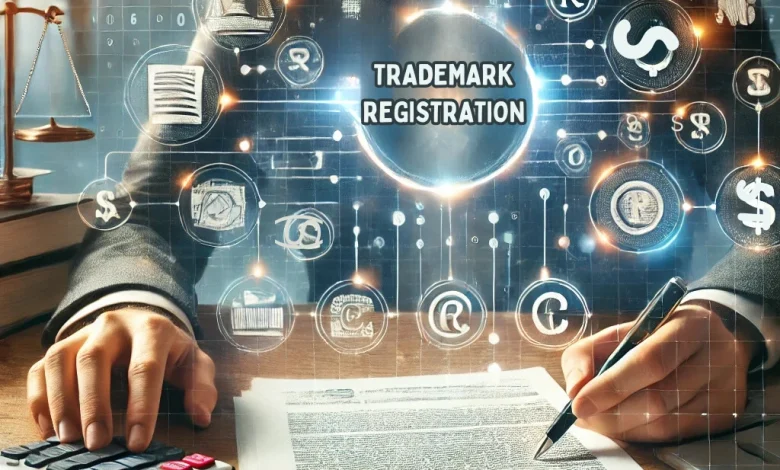Why Your CAC Certificate Won’t Stop Someone from Stealing Your Business Name
Many Nigerian entrepreneurs think CAC registration protects their brand, here’s why they’re wrong and what to do instead.

I still remember that morning like it was yesterday.
I walked into a supermarket and saw my company’s name boldly printed on a product label that wasn’t mine. For a second, I thought it was a mistake, maybe a distributor had mixed things up. But no, someone else had launched a new business using the exact same name I had spent three years building.
Same logo colours, similar slogan, even the same packaging style. My customers were calling to ask if we had changed management. I felt sick.
It was only after consulting a lawyer that I realized the painful truth: I had registered my company name with the Corporate Affairs Commission (CAC), but I had never registered it as a trademark. In legal terms, I had built a house without a fence. That is the story of Mr Stone. Read this article if you don’t want to fall victim to it, learn the difference between CAC registration and trademark
Registering Your Company Name with the CAC
When you register your business name with the CAC, the government is basically acknowledging that your business exists. It’s like getting your birth certificate; it proves you exist, but doesn’t stop someone from looking like you.
Here’s how it works:
Before approval, the CAC checks if the proposed name is available and not already in use. This process can take between 1 to 5 days. If your desired name is taken, you’ll have to choose another one until you find something available. Once approved, you proceed to full registration and get your CAC certificate.
But that certificate does only one thing: it recognises your business legally. It doesn’t protect your name from being copied, mimicked, or even legally used by others in marketing their goods or services.
That’s where the trademark comes in.
What Trademark Registration Really Does
Think of your trademark as your business’s personal bodyguard.
It protects your name, your logo, your brand slogan anything that represents your identity in the marketplace. Once registered, no one can legally use it for similar goods or services without your permission.
You can even earn from it by licensing or franchising your brand to others.
A trademark gives you exclusive right of use throughout Nigeria and the courts will back you up if anyone infringes on it.
Before a trademark is fully approved, it must be published in the Nigerian Trademark Journal for public notice. If no objections are filed within two months, you’re issued a certificate of registration. That certificate is your legal weapon; it proves that your business identity belongs to you and you alone.
And here’s the good part: trademarks can be renewed indefinitely. As long as you keep up with renewals, your protection never expires.
Why Trademarks Matter More Than You Think
Counterfeit products and brand impersonation are everywhere. From fake cosmetics to imitation electronics, businesses lose millions every year to brand thieves who use similar names to sell inferior goods.
With a registered trademark, you can sue for damages, demand takedown of fake pages or products, and legally block others from trading under your name.
Beyond that, a trademark also gives you priority when applying for a domain name or expanding into international markets. It tells investors and partners that your brand is serious, protected, and worth trusting.
The Real Difference Between Company Name and Trademark
If you take only one thing from this story, let it be this: Registering your business with the CAC is not the same as protecting it with a trademark; there are differences between CAC registration and trademark
A company name gives you recognition.
A trademark gives you ownership.
Your CAC registration is the birth of your business, but your trademark is its shield. Both are essential—but only one can stop others from using your name for profit.
Conclusion: Protect What You’ve Built
Every entrepreneur dreams of seeing their brand grow, gain recognition, and become a household name. But in today’s competitive business space, that dream can be stolen overnight if you don’t protect it.
Registering your company name is non-negotiable; it’s what makes your business legal.
But if you truly want exclusive rights to your brand identity, take the next step and register your trademark.
Because nothing hurts more than building a name everyone recognizes, only to watch someone else claim it.




